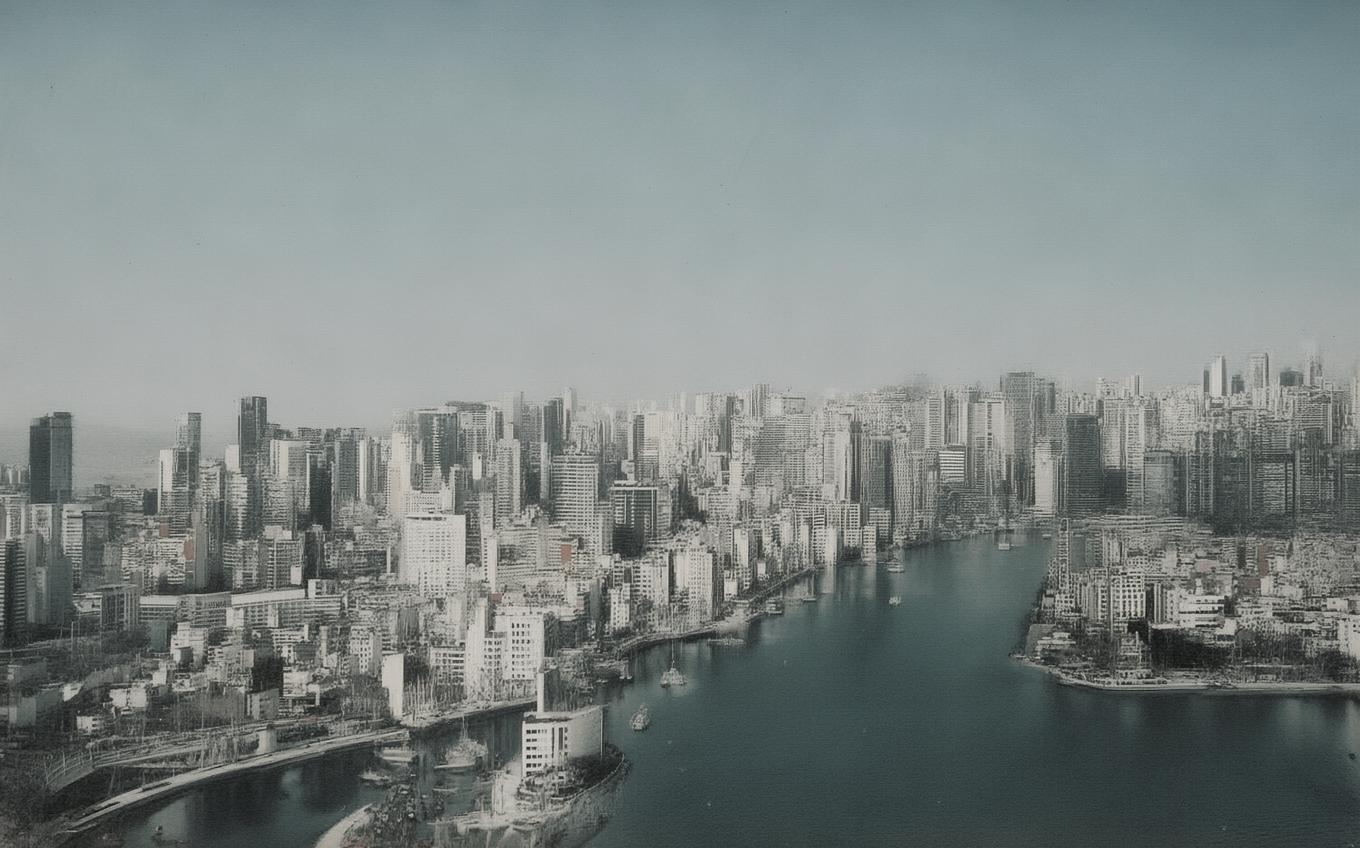Analysis of "浪淘沙" - Classical Chinese Poetry
Introduction
The poem "Làng Táo Shā" (浪淘沙) is one of the most famous works by Liu Yuxi (刘禹锡, 772–842), a prominent poet of the Tang Dynasty. Known for his philosophical and resilient spirit, Liu Yuxi often infused his poetry with themes of perseverance and the unstoppable force of nature. "Làng Táo Shā" is part of a series of nine poems, each reflecting on the relentless power of waves and sand—a metaphor for life's hardships and the passage of time.
This poem holds a special place in Chinese literature for its vivid imagery and profound message about resilience. It resonates deeply with readers, both ancient and modern, as it captures the beauty of nature while subtly conveying human determination.
The Poem: Full Text and Translation
浪淘沙·其一 (Làng Táo Shā·Qí Yī)
九曲黄河万里沙
Jiǔ qū Huáng Hé wàn lǐ shā
The Yellow River's bends hold sands for miles untold,
浪淘风簸自天涯
Làng táo fēng bǒ zì tiān yá
Waves churn and winds sweep them from the sky's far hold.
如今直上银河去
Rú jīn zhí shàng yín hé qù
Now they rise straight to the Silver River high,
同到牵牛织女家
Tóng dào Qiān Niú Zhī Nǚ jiā
To the home of the Cowherd and Weaver Maid nigh.
Line-by-Line Analysis
-
"九曲黄河万里沙"
- The Yellow River, known for its winding path (九曲), symbolizes life's unpredictable journey. The "sands for miles" represent the countless struggles and challenges one faces. -
"浪淘风簸自天涯"
- The imagery of waves and wind (浪淘风簸) evokes nature's relentless power. "From the sky's far hold" suggests these forces come from distant, almost divine origins. -
"如今直上银河去"
- The sands, after enduring hardship, now ascend to the Milky Way (银河), a celestial symbol of purity and transcendence. -
"同到牵牛织女家"
- The Cowherd and Weaver Maid (Qiān Niú and Zhī Nǚ) are figures from a famous Chinese folktale, representing eternal love and reunion. Their "home" becomes a metaphor for achieving one's dreams after perseverance.
Themes and Symbolism
1. Resilience in Adversity
The poem’s central theme is the triumph over hardship. The sands, battered by wind and waves, ultimately rise to the heavens—mirroring human resilience.
2. Nature’s Power and Beauty
Liu Yuxi celebrates nature’s grandeur, using the Yellow River and Milky Way to depict both its destructive and uplifting forces.
3. Mythological Allusions
The reference to the Cowherd and Weaver Maid adds a layer of romanticism and hope, suggesting that endurance leads to divine reward.
Cultural Context
Liu Yuxi lived during the Tang Dynasty, a golden age of Chinese poetry. Despite being exiled multiple times for political reasons, his works often reflect optimism and strength. "Làng Táo Shā" embodies the Daoist and Confucian ideals of harmony with nature and moral perseverance.
The Yellow River, as China’s "Mother River," carries cultural weight as a symbol of the nation’s endurance. The Weaver Maid and Cowherd story, rooted in the Qixi Festival (Chinese Valentine’s Day), reinforces themes of loyalty and reunion.
Conclusion
"Làng Táo Shā" is a masterpiece of Tang poetry, blending natural imagery with deep philosophical insight. Its message—that hardship can lead to transcendence—remains timeless. For modern readers, the poem serves as a reminder of the beauty in struggle and the rewards of perseverance.
Liu Yuxi’s words continue to inspire, proving that even the sands of time, when weathered by life’s storms, can reach the stars.




Comments (0)
No comments yet. Be the first to comment!